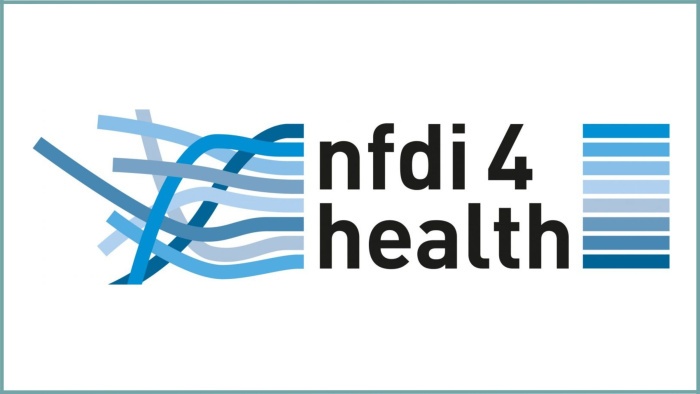Data Protection Concepts of the TMF for Medical Networked Research Receive Extensive Update Again

© artbesouro - stock.adobe.com
The generic data protection concepts of the Technology and Methods Platform for Networked Medical Research (TMF) are being fundamentally updated and adapted to the latest developments in European and national data protection law. This is the subject of a 26-month project funded by the TMF, initiated by the Data Protection Workgroup of the TMF, and launched today. The project's initiators include representatives from German university medicine, the German Centers for Health Research, renowned non-university research institutions, and patient-related medical registries.
"The trust of patients in the protection and security of their personal data is an indispensable prerequisite for the success of medical research projects that could not be conducted without the collection, long-term storage, and analysis of clinical data and samples. Medical research today mainly operates in networks within increasingly larger research consortia. The strict separation between directly personal data and pseudonymized or anonymized research data is a crucial requirement for this," explains Prof. Dr. Klaus Pommerening (IZKS Mainz - Interdisciplinary Center for Clinical Studies), spokesperson of the Data Protection Workgroup at the TMF.
Ronny Repp, Data Protection Officer of the German Center for Neurodegenerative Diseases in the Helmholtz Association, Chairman of the Workgroup of Data Protection Officers of non-university research institutions, data protection consultant for medical research projects, as well as rapporteur and project applicant of the TMF Data Protection Workgroup, emphasizes the opportunities of data-rich research for patient care: "The accelerated digital transformation of our healthcare system has opened up new opportunities to, for example, recognize new disease correlations or develop personalized therapies through the use of treatment data for research purposes. At the same time, European and national legislators have comprehensively reformulated the legal framework for health data protection, thus guaranteeing patients a very high level of protection for their health data. This is to be addressed in the new version of the TMF data protection concepts."
As many legal foundations for research require a balancing of data protection risks and the pursued gain of knowledge, the new guide is also intended to include proposals for new pseudonymization procedures and methods from the field of anonymization. Additionally, support for the effective exercise of data subject rights and guidance on close involvement of patients in research projects will be provided. The new thematic focuses were determined based on a previously conducted and widely distributed survey in medical networked research in Germany.
"The special attractiveness of the TMF's generic concepts is also based in particular on prior coordination with all responsible supervisory authorities. This leads to a maximum possible legal certainty for researchers who orient themselves according to the principles of TMF concepts," explains the TMF’s Managing Director Sebastian C. Semler: "With the associated facilitation of work for data protection supervision and local data protection officers, the TMF aims to once again make a significant contribution to the efficiency of medical networked research in our country and thereby strengthen the research and science location." Whether the project results can later be formally coordinated as codes of conduct given the necessary specification of the European General Data Protection Regulation (GDPR) requirements will be the subject of further coordination with the supervisory authorities. Semler concludes that this would help shape a uniform European space for health data legally in medical research.
The TMF first developed generic data protection concepts for medical research consortia in 2003, coordinated them with the federal government and states' data protection officers, and provided them to the research community. Based on this, numerous research projects were able to develop and coordinate their data protection concepts more quickly – also with the assistance of the TMF Data Protection Workgroup. The experiences gained were incorporated into a fundamental revision of the generic concepts since 2014. Since then, the concept has accounted for the complexity of medical research processes through a modular structure and has also been embedded in a comprehensive guide. In March 2014, the Conference of Data Protection Commissioners of the Federal Government and the States recommended this guide with the generic concepts contained therein as a basis for developing concrete data protection concepts.
The current TMF data protection concepts are available in the public domain in the ToolPool Health Research of the TMF and have been published as Volume 11 in the TMF series.
Press Contact
Stefan Rabe
Phone: 030 22 00 24 723
Mobile: 0173 6141663,
E-mail: presse@tmf-ev.de


